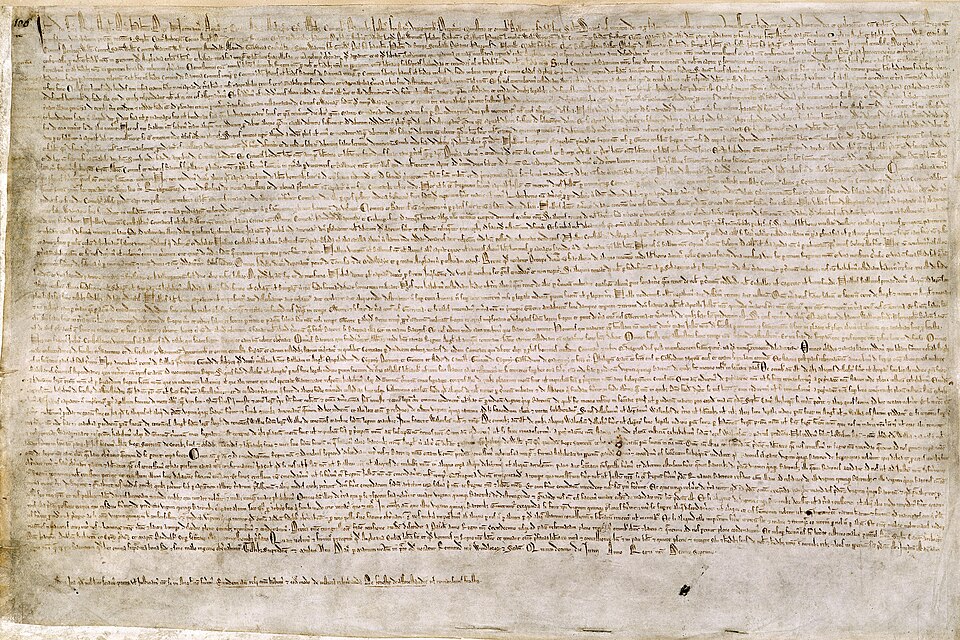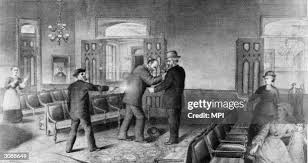
The Magna Carta: A Landmark Document
The Magna Carta, signed in 1215, is often hailed as a foundation stone of modern democracy and a pivotal moment in the history of human rights. Originating from England, this charter established the principle of the rule of law and began the process of limiting the powers of the monarch. Its relevance continues to resonate around the globe, influencing democratic structures and legal systems.
Historical Context
The Magna Carta was born out of a struggle between the English Barons and King John, who was perceived as overreaching in his powers and imposing heavy taxation without consent. The Barons, frustrated by the king’s disregard for traditional rights, rebelled and forced him to agree to the document at Runnymede, near the Thames River.
The charter contained crucial clauses, including the right to a fair trial, protection from unlawful imprisonment, and limitations on feudal payments. Although initially intended to address the specific grievances of the Barons, it has since been interpreted as a broader statement of rights.
Modern Significance
The Magna Carta’s influence extended beyond its time; it laid the groundwork for future democratic documents, including the United States Constitution and the Universal Declaration of Human Rights. Its enduring legacy is evident in contemporary discussions about civil liberties and governmental accountability.
In recent years, discussions surrounding the Magna Carta have gained renewed interest. Institutions and scholars emphasize its relevance in the context of ongoing global struggles for democracy and human rights. The charter has become a symbol of the fight against tyranny and the pursuit of justice, demonstrating the timeless nature of its principles.
Recent Events and Commemorations
On the 800th anniversary of the Magna Carta in 2015, various events were held around the UK and the world to celebrate its significance. This included exhibitions, educational initiatives, and public discussions emphasizing the document’s continuing relevance in contemporary society. In Canada, legal scholars and historians have examined how the Magna Carta’s legacy informs Canadian constitutional law and rights protections.
Conclusion: Legacy of the Magna Carta
As we navigate modern challenges, including debates about privacy, free speech, and government oversight, the Magna Carta serves as a critical reminder of the importance of protecting Fundamental Rights. Its principles continue to inform democracies worldwide, encouraging individuals to uphold the foundations of liberty, justice, and equality. The document speaks to the universal aspiration for rights and freedoms, making it an enduring symbol in the fight for human dignity.






